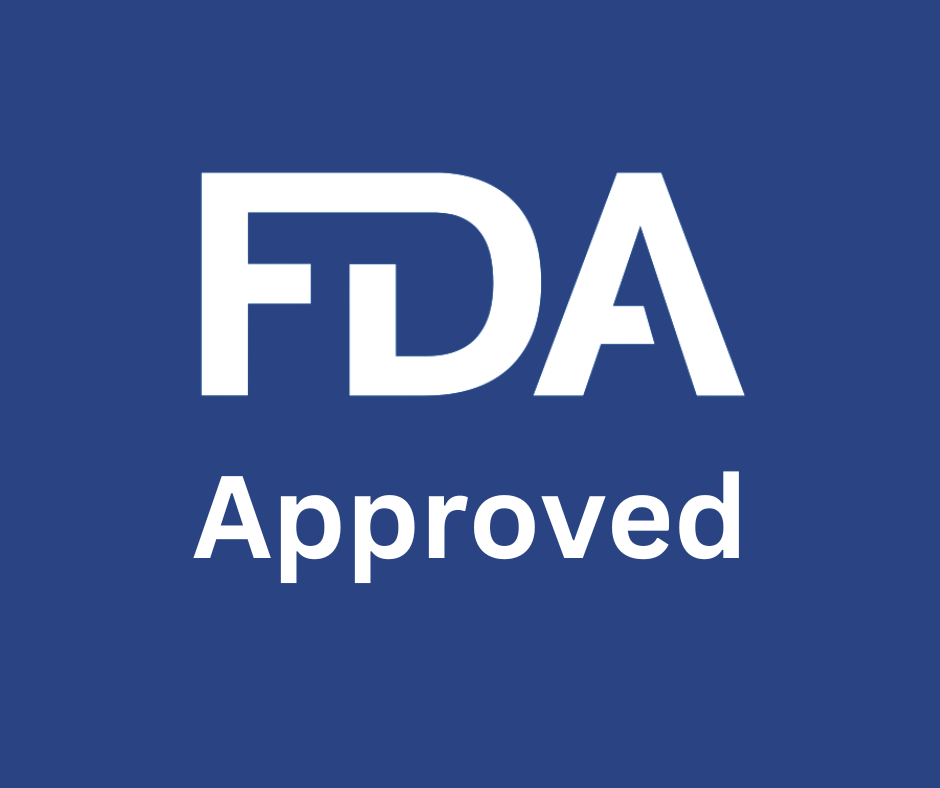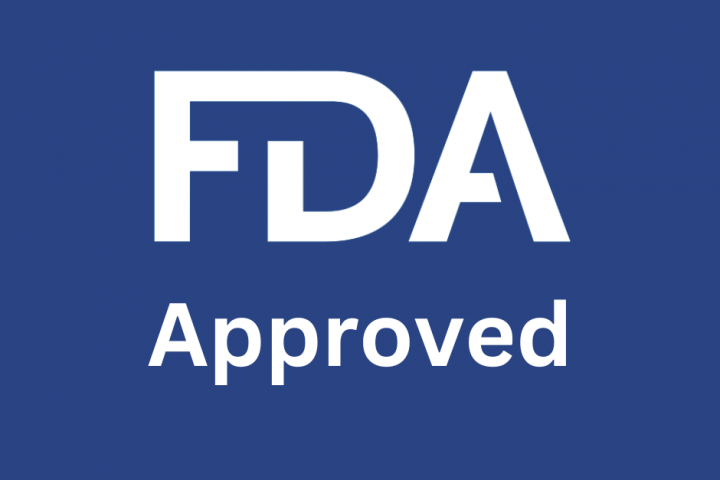On March 22, 2023, the U.S. Food and Drug Administration granted accelerated approval to retifanlimab-dlwr — a humanized monoclonal antibody that targets human PD-1 — for adult patients with metastatic or recurrent locally advanced Merkel Cell Carcinoma (MCC) with no prior systemic therapy.
Study ID number: NCT03599713
The approval of Retifanlimab-dlwr was based on the PODIUM-201 study, a non-randomized, open-label, multiregional clinical trial that included 65 patients, 18 years or above, with ECOG performance status of 0 or 1, with metastatic or recurrent locally advanced MCC not treated with any chemotherapy. Patients recently included in any other interventional study or who had received radiotherapy were excluded. Retifanlimab was dosed at 500 mg intravenously every four weeks until disease progression or unacceptable toxicity. Otherwise, the drug was to be continued for 24 months.
The major efficacy outcome measure was objective response rate (ORR) and duration of response (DOR).
The ORR was 52% (95% CI: 40-65) among target patients. Among the patients who responded to the therapy, 18% had a complete response, while 34% experienced a partial response. Likewise, 76% of the patients had a DOR of greater than six months, while 62% had a DOR of greater than 12 months.
The most commonly reported side effects of Retifanlimab-dlwr included fatigue, myalgia, pruritus, nausea, and rash, among others. 26% of the patients experienced serious side effects, including arrhythmia and pneumonitis.
The drug (Retifanlimab-dlwr) was developed by Incyte Corporation and is sold under the brand name, Zynyz.
References
FDA grants accelerated approval to retifanlimab-dlwr for metastatic or recurrent locally advanced Merkel cell carcinoma. FDA. March 22, 2023. Accessed March 22, 2023. https://www.fda.gov/drugs/resources-information-approved-drugs/





